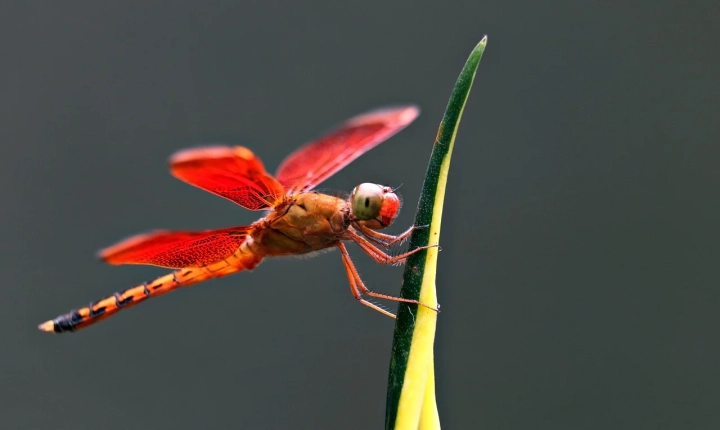Artificial intelligence (AI) has undoubtedly revolutionized the way we create and consume content. From generating written articles to producing music and art, AI technology has the potential to transform various industries. However, the question of whether AI-generated content is copyrighted remains a complex and hotly debated issue.
The crux of the matter lies in the concept of originality and authorship. Copyright law typically protects content that is an original creation of an author. It encompasses a wide array of works, including literary, artistic, musical, and dramatic creations. Historically, copyright protection has been awarded to human creators who invest their time, effort, and creativity into producing original works.
In the context of AI-generated content, the absence of human authorship raises significant challenges in determining copyright ownership. When AI algorithms autonomously generate written articles, paintings, or music, there’s no human author in the traditional sense. This raises the important question of whether copyright law should be extended to protect works that are created without human intervention.
The argument in favor of awarding copyright to AI-generated content often revolves around the investment of resources by the creators of the AI systems. Engineers and programmers spend significant time and effort developing AI algorithms and training them to produce sophisticated and original content. Advocates for copyright protection for AI-generated content argue that these efforts should be recognized and rewarded, similar to how human creativity is rewarded through copyright protection.
On the other hand, opponents of copyright for AI-generated content argue that the fundamental purpose of copyright law is to incentivize and reward human creativity. They maintain that extending copyright to AI-generated works dilutes the essence of copyright as a protection for human expression and innovation. Furthermore, they raise concerns about the potential monopolization of AI-generated content by large tech companies, limiting the availability of such works for public use and consumption.
The legal landscape regarding copyright for AI-generated content is far from clear-cut. As of now, different jurisdictions have adopted varying approaches to this issue. Some countries, such as the UK, have explicitly stated that copyright protection is not applicable to works created by non-human authors, including AI systems. Conversely, other countries, like the US, have granted copyright protection to AI-generated works, provided that they exhibit a sufficient degree of creativity and originality.
As AI technology continues to advance and its applications in content creation become more widespread, it’s imperative for legal frameworks to evolve accordingly. The debate surrounding the copyright of AI-generated content underscores the need for nuanced and forward-thinking discussions among lawmakers, legal experts, technology developers, and content creators.
Ultimately, finding a balanced and equitable solution that respects the rights of AI developers and creators, while also upholding the traditional principles of copyright law, is crucial. As we navigate this uncharted territory, it’s essential to consider not only the legal and economic implications but also the broader societal and ethical consequences of extending copyright to AI-generated content. The future of copyright in the age of AI promises to be a complex and thought-provoking journey, as we grapple with the profound implications of technological innovation on creative expression and intellectual property rights.
